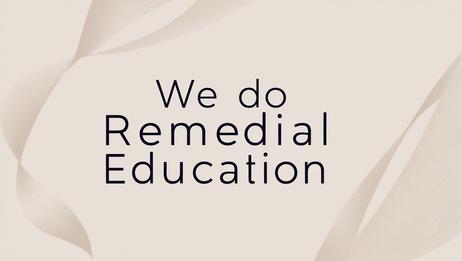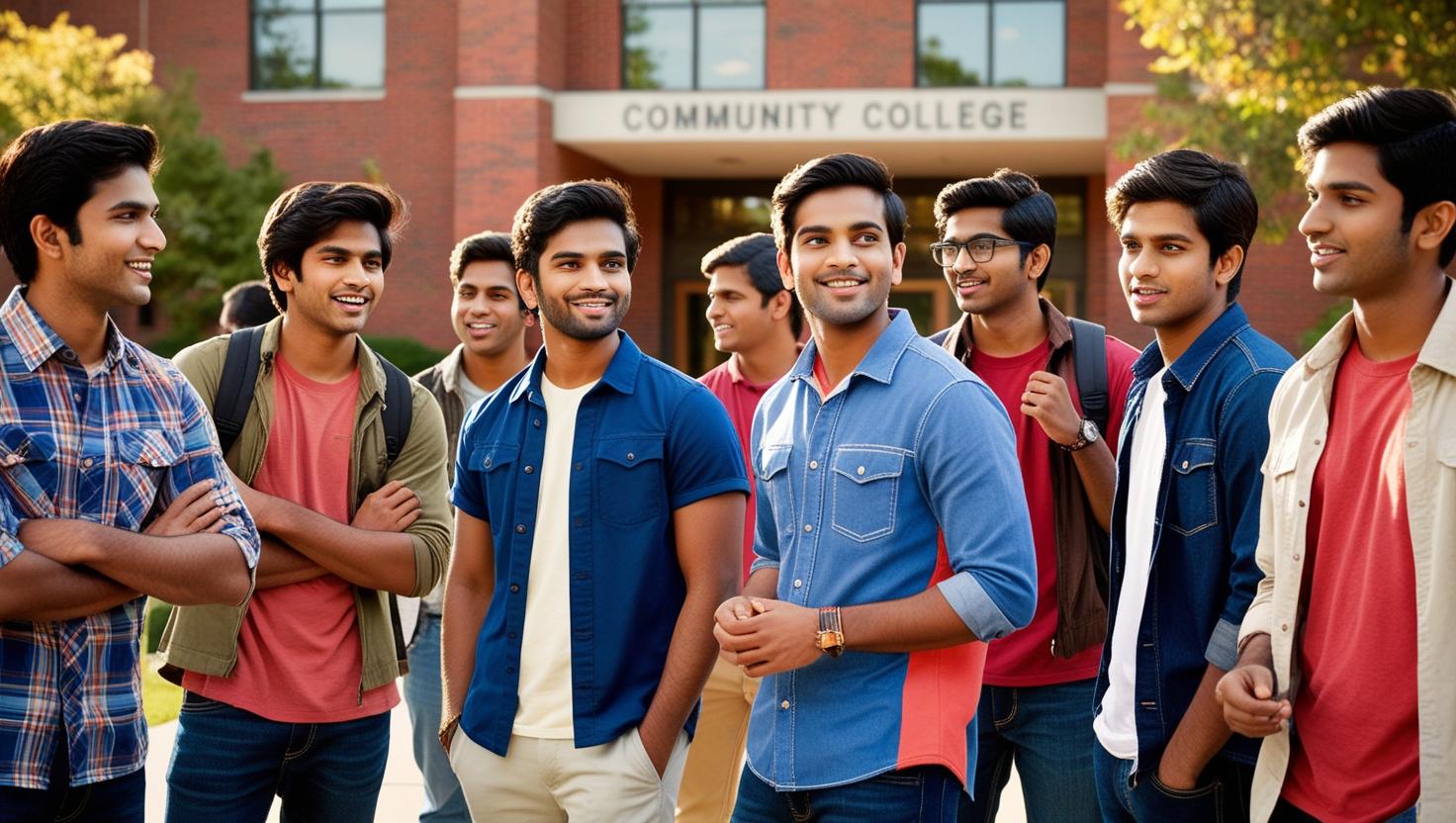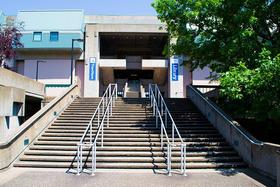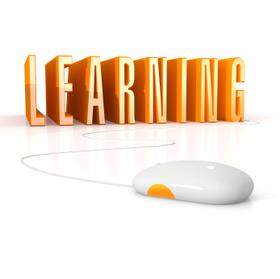In the movies, the typical college classroom is full of young, bright-eyed students who have just made the move from high school. They’re excited about being on their own for the first time and ready to take on the world. In reality, every college classroom looks different – especially community college classrooms. Community college students come from all walks of life, including those who went to work right out of high school and those working full-time jobs or raising a family.
Community college is where many nontraditional students go to obtain an education. The flexibility and affordability of community college compared to traditional four-year schools is a major draw, but there are still plenty of challenges to overcome. Read on to learn everything you need to know about succeeding in community college as a nontraditional student.
What is a Nontraditional Student?
When you think of the average college student, you probably picture someone 18 to 22 years old balancing their time between classes, the dorm room, and the student center.
Picture this instead: a 38-year-old single mother who works days at a restaurant, attending classes at night and on her days off. Or a military veteran attending classes online hoping to start a new career after completing his service. The truth is that 38% of undergrads are older than 25. Over 25% are parents, and 58% are working while attending classes.
Students like these are considered “nontraditional,” but what exactly does that mean? Nontraditional students




















